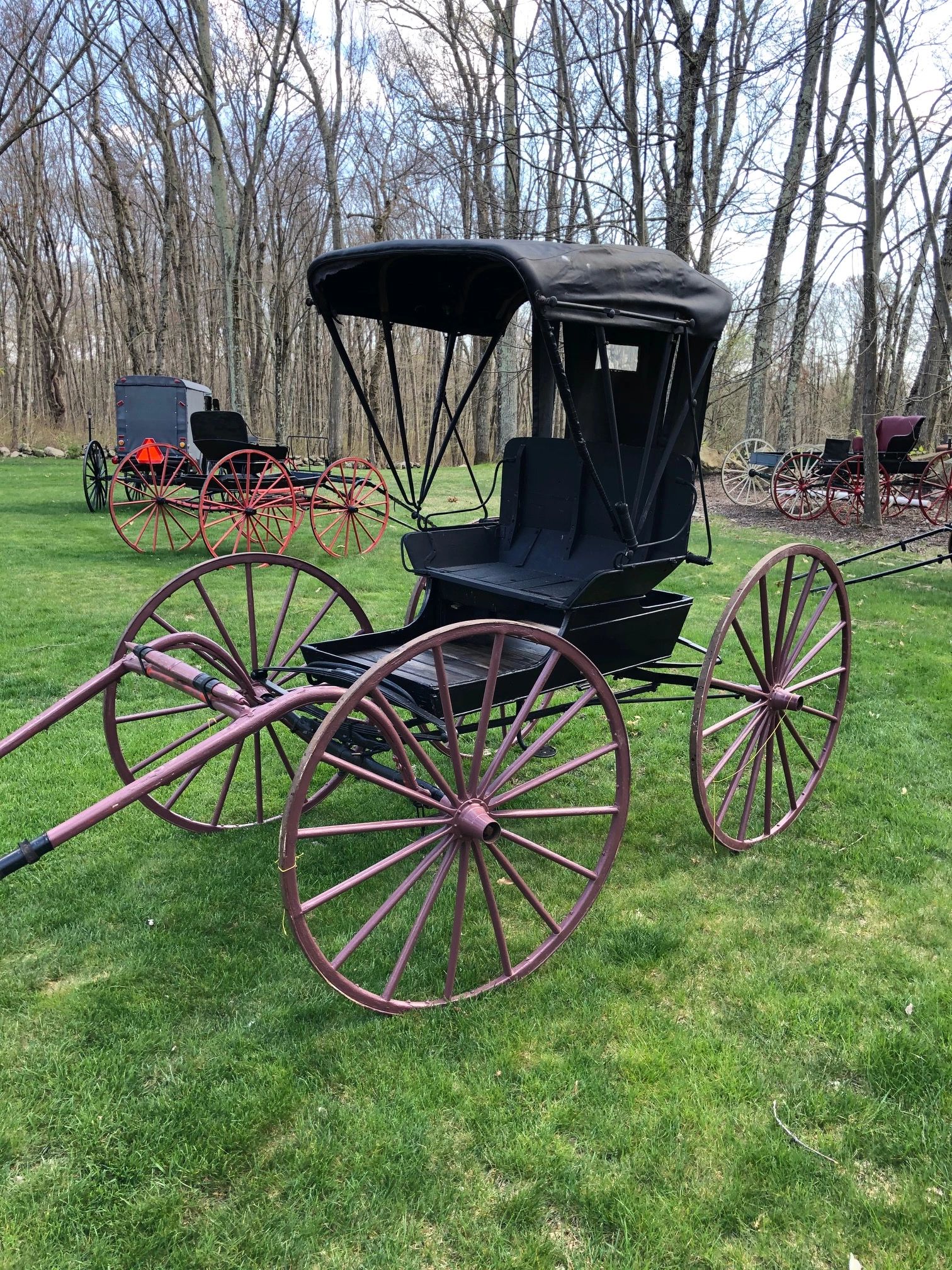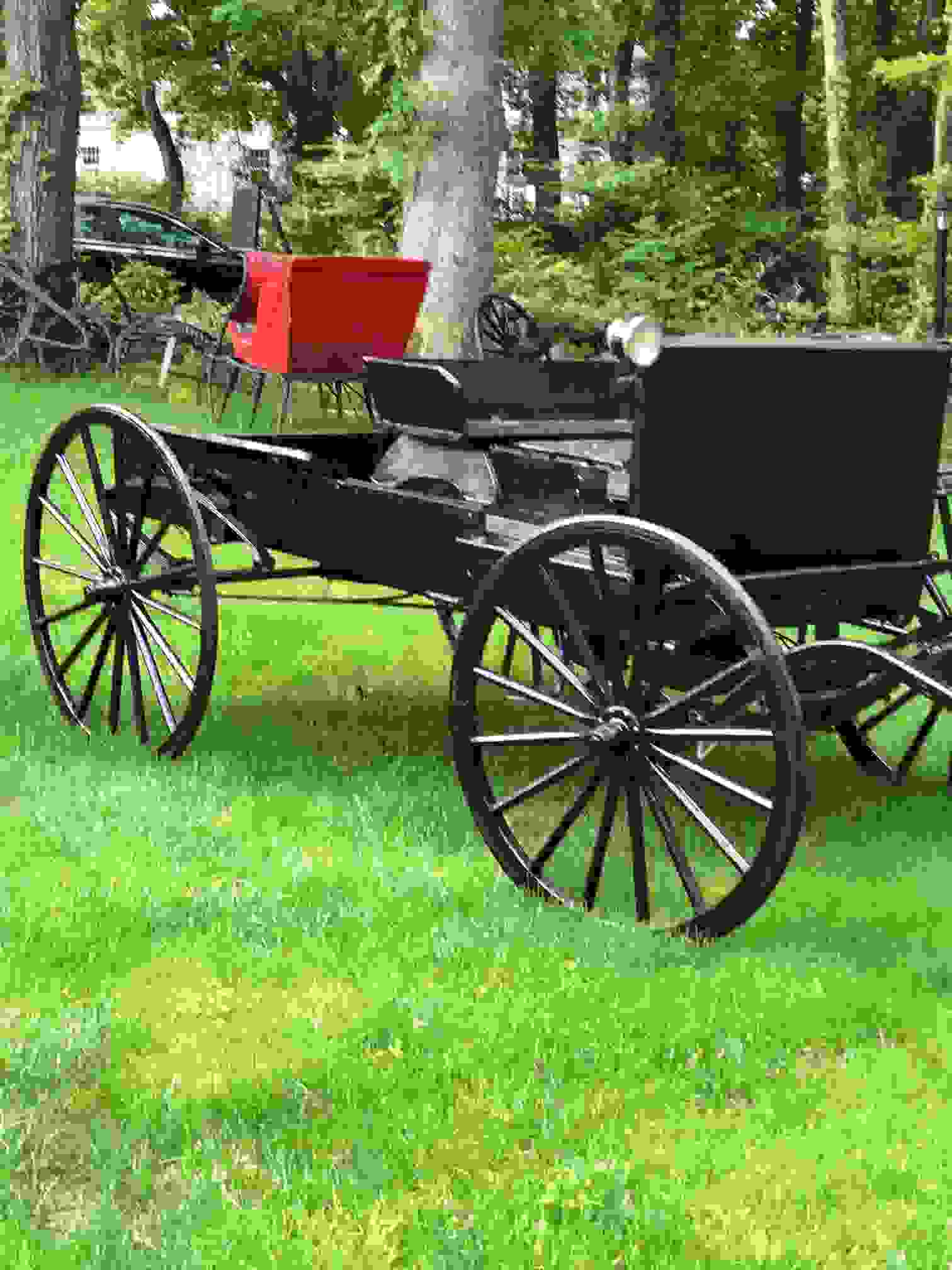Amish Wagon For Sale – On one hand, there’s the potential for an established client base, proven systems, and a recognizably brand name. One common concern is the risk of purchasing items that are damaged or not as described. A high-quality winter coat, for example, will keep you warm and dry through years of cold weather, offering comfort and protection that a cheaper, mass-produced coat cannot match. Whether it’s the affordability, the environmental impact, or the opportunity to find unique items, second-hand goods provide an alternative to traditional retail shopping that is both practical and sustainable. The act of selling a home is a deeply emotional process, and when it’s completed, there’s a sense of closure and anticipation for what comes next. While some people may be hesitant to purchase pre-owned electronics due to concerns about quality or reliability, the second-hand market for electronics has become increasingly trustworthy. The idea of “everything for sale” challenges our understanding of what is sacred, what is essential, and what is truly priceless. Beyond financial savings and environmental impact, second-hand goods also offer a sense of nostalgia and connection to the past. The online second-hand market has also made it possible for people to buy and sell niche items that may not be available in local stores. Manufacturing new items requires energy, raw materials, and natural resources, all of which contribute to environmental degradation. The adage “you get what you pay for” rings especially true in the realm of quality goods. Whether through thrift stores, flea markets, online platforms, or garage sales, second-hand goods provide consumers with an opportunity to find items they might not otherwise be able to afford, while also contributing to a circular economy where products are reused and repurposed. This creative process not only gives new life to old objects but also encourages people to think outside the box when it comes to the things they buy and use. Some goods, like a fine Swiss watch, carry decades or even centuries of tradition, built on a reputation of precision and excellence. In this sense, purchasing pre-owned items can be seen as a form of social responsibility, as it helps create a positive impact that extends beyond the individual buyer. They believe that certain things, like love, loyalty, and friendship, should be above the reach of commerce. These platforms often provide tools that help streamline the due diligence process, including access to financial documents, business valuations, and other relevant data. The desire for more, the constant pursuit of bigger profits and greater influence, can lead to exploitation. Yet, despite this shift, the appeal of quality craftsmanship has not waned. When a car is put up for sale, it can feel like letting go of a part of one’s journey.

Old Fashioned Large Rustic Buckboard Wagon from Dutchcrafters Amish
Explore amazon devicesshop our huge selectionread ratings & reviews

Buckboard Wagons Amish Wooden Wagon
Explore amazon devicesshop our huge selectionread ratings & reviews

Large Premium Wagon by Dutchcrafters Amish Furniture
Explore amazon devicesshop our huge selectionread ratings & reviews

Amish Wooden Buckboard Wagons Amish Pleasures
Explore amazon devicesshop our huge selectionread ratings & reviews

Jumbo Premium Buckboard Wagon by Dutchcrafters Amish Furniture
Explore amazon devicesshop our huge selectionread ratings & reviews

Amish Wagons
Explore amazon devicesshop our huge selectionread ratings & reviews

Amish Wagons
Explore amazon devicesshop our huge selectionread ratings & reviews

Amish Wooden Express Wagons Amish Pleasures
Explore amazon devicesshop our huge selectionread ratings & reviews

Amish Wooden Express Wagons Amish Pleasures
Explore amazon devicesshop our huge selectionread ratings & reviews

Amish Wagons Amish Country Barn
Explore amazon devicesshop our huge selectionread ratings & reviews
Vintage items, antiques, and pre-loved goods often carry stories and histories that new products simply cannot replicate. It’s a small but significant way to make a positive impact on the planet, especially when one considers the volume of waste generated by fast fashion, electronic waste, and disposable goods. This can bring about feelings of uncertainty, as there’s no guarantee that the right buyer or partner will come along. In both cases, there’s a sense of vulnerability. Vintage clothing, in particular, has gained a significant following, with people seeking out unique, one-of-a-kind pieces that cannot be found in mainstream stores. Are there things that should be kept beyond the realm of trade? Or has the marketplace — with its insatiable demand and promise of exchange — seeped into every facet of our being?
If everything is for sale, then the concept of value itself becomes fluid, subjective, and often manipulated. We are all participants in a vast, interconnected economy, one that doesn’t just involve physical goods but extends to ideas, relationships, and even identities. The result is a society that increasingly prioritizes consumption over connection, profit over meaning, and exchange over understanding. By buying second-hand goods, consumers can feel good about supporting their communities and giving back to those in need. There’s a certain art to selling something. When a person creates something, they are offering a piece of themselves to the world, not for sale, but as a gift. These brick-and-mortar stores offer a different shopping experience, one that is often characterized by the thrill of the hunt. It is subjective, shaped by cultural norms, individual preferences, and the evolving standards of various industries. A house can be bought, a car can be sold, a watch can be pawned. The world may increasingly operate under the assumption that everything is for sale, but the human spirit, with its capacity for love, creativity, and compassion, refuses to be bought. For fashion-conscious individuals, buying second-hand is a way to express their personal style while also supporting sustainable practices. While the sale of a business can provide a valuable opportunity for both parties involved, it also carries risks. The concept of a circular economy, where products are reused and repurposed instead of discarded, is central to the appeal of second-hand goods. The environmental benefits of buying second-hand goods go beyond just reducing the need for new production. Despite the many advantages of buying and selling second-hand goods, there are some challenges that both buyers and sellers must navigate.
A home is more than just walls and a roof; it’s where memories are made, where families grow, and where life unfolds. The notion suggests a world where anything and everything, regardless of its intrinsic value, can be bought, sold, or traded. Once a suitable business has been identified, the buyer usually begins the due diligence process, which involves reviewing all relevant documents, financial records, and contracts. Thrift stores and consignment shops often work with charitable organizations or local non-profits, using the proceeds from sales to support various causes. Whether it’s a vintage armchair, a gently used dining table, or a piece of mid-century modern furniture, second-hand furniture can be both functional and stylish. Thrift stores often carry a wide variety of goods, from clothing and accessories to furniture, books, and electronics, and each item comes with its own story. Whether it’s a rare collectible, a discontinued item, or a vintage piece of clothing, online platforms offer a global marketplace where buyers and sellers can connect over products that may not be easily found elsewhere. In addition to individual sales, online marketplaces often feature businesses and professional sellers who specialize in second-hand goods, providing buyers with a curated selection of high-quality items. For many people, there is something uniquely satisfying about sifting through racks of clothes, rummaging through bins of books, or browsing shelves of home goods in search of that perfect item. Many everyday products, such as kitchenware, footwear, and tools, can also be considered quality goods, provided they are made to last and perform well over time. In addition to offering unique items and affordable prices, many second-hand stores also serve an important social and community function. Second-hand record stores and online marketplaces like Discogs have become hotspots for vinyl enthusiasts, providing a platform for buying, selling, and trading records. In conclusion, quality goods for sale represent the best that craftsmanship, design, and functionality have to offer. The “for sale” sign becomes a marker in time, a decision that has been made, signaling that it’s time to move on. People are not just looking for things that work well; they want products that elevate their environment and their experiences. In a circular economy, items are kept in use for as long as possible, reducing the need for new resources and minimizing environmental harm. Although the transaction may be challenging at times, the opportunity to buy or sell a business can open doors to new ventures, provide financial rewards, and enable entrepreneurs to pursue their goals. Similarly, during periods of economic growth, there may be a greater willingness to spend on luxury second-hand items, such as high-end fashion or collectible items. This is especially true in a world dominated by fast fashion, disposable electronics, and mass-produced products. Whether it’s the smooth finish of a well-polished wooden table or the satisfying feel of a perfectly balanced knife in your hand, quality goods evoke a sense of pride in their ownership.